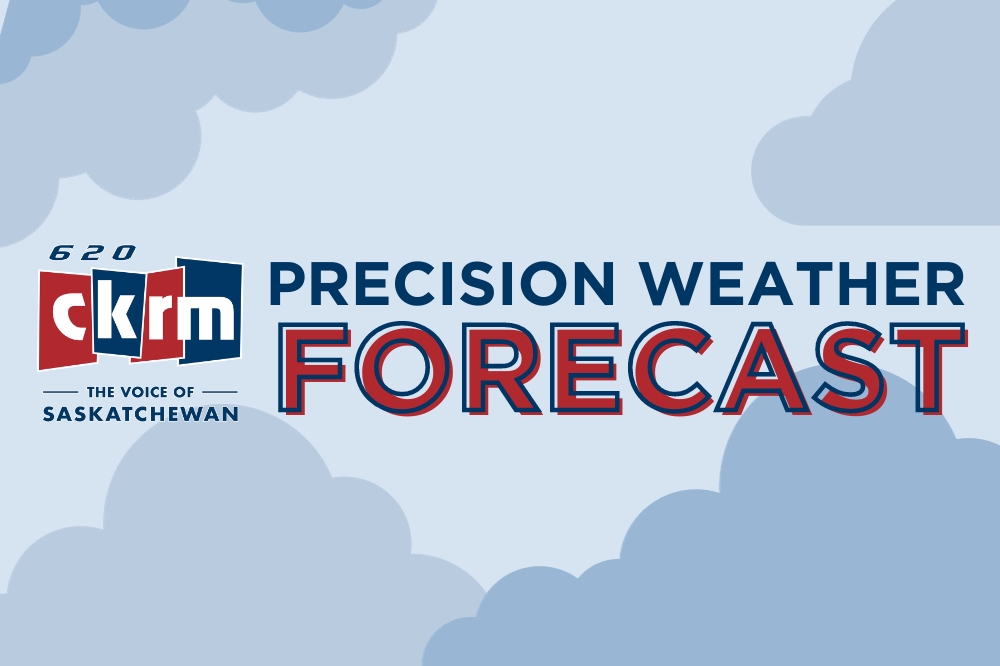Saskatchewan residents are asking if their water is safe to drink after a report showing higher levels of lead in tap water tested in Regina, Saskatoon and Moose Jaw.
The topic was brought up by the Sask. NDP during Monday afternoon’s question period session at the Saskatchewan legislature. The NDP’s Trent Wotherspoon stated that something needs to be done by the government after certain homes reported lead levels above Health Canada’s recommended limit.
One resident who was shocked after receiving his water test results is Steve Wolfson, who rents a home in Regina’s Cathedral neighbourhood.
He originally had a test performed on his water system after receiving a letter from the city offering a voluntary water test, but there was no hint that there was lead in his water. It wasn’t until after his water was tested that he found out it was 10 times over the limit.
The NDP invited Wolfson to sit in on question period on Monday. After hearing the Sask Party say the provincial water supply and the distribution with municipalities are safe, he feels that the government believes it’s not a problem.
“I don’t think it’s right and I think the province has a responsibility to make some sort of legislation that protects children and other people drinking that water to make sure the water is tested,” he explained.

Steve Wolfson speaking to reporters at the legislature on Monday, November 4. (Photo: Moises Canales/620 CKRM)
Greg Ottenbreit, Minister responsible of the Water Security Agency, suggested a short-term fix for residents is to purchase filters for their water if they can’t afford replacing their lead service lines, one similar to what Wolfson uses in his house.
However the cost for these filters can range; some are $30-$35 or more and they last for two to three months.
When asked if the government would consider assisting residents in this case, Ottenbreit said it’s part of the cost of home ownership. Wolfson said this situation hurts low-income people the most.
“If you’re telling them to get a filter, they can’t afford that. . . we spent quite a bit on filters ourselves and I don’t think it’s right.”
Despite the criticisms, Minister Ottenbreit still feels the supply and distribution is above or at national standards.
“I point to our Lake Diefenbaker supplying 60 per cent of our province and other water sources that are all tested and monitored regularly, and they show the highest quality drinking water in the province.”
He added that lead levels inside Saskatchewan homes could be compared to the situation in Flint, Michigan, but he thinks the whole issue outside of that is not a fair comparison.
‘It’s actively killing the solar industry in this province’
Official Opposition leader Ryan Meili believes the government’s new net metering program is killing the solar energy industry in Saskatchewan.
Concerns regarding the program were brought up at the legislature on Monday. Joining the Sask. NDP was members of Prairie Sun Solar, co-founders Brendan Owens and Nolan Dezotell, who have been affected by the changes to the program.
Since the new model started a few days ago, Owens mentioned that they receive one to two calls a week, compared to about 10 calls a week when the former program was active.
He admitted it’s a sad feeling for them.
“I grew up in Regina, I want to install solar systems in this province,” said Owens. “My family is here. I have a daughter, a daughter on the way, potentially a son. I want to stay in this province.”
He feels that they would have to make the difficult decision of shutting down the company if they continue to just cater to solar and choose not to diversify their business, which he stated they will have to do. Areas would include energy management products, generators and solar thermal energy.
Owens said his staffing has taken a toll since the change, too. Originally they started with eight workers, but that number continues to decrease.
“We’ve let two workers go, and depending on how this continues to play out, we’re probably going to have to release another two by the end of November.
Minister responsible for SaskPower Dustin Duncan said he has confidence in the new model since there is still interest from the public. He doesn’t believe this is the destruction of the local solar industry.
“Even after customers were notified they didn’t get in under the 16 megawatt cap, a number of those customers decided they are still going forward with their solar projects,” noted the minister. “We’re likely not going to see it to the same extent as this past year, but I think that’s understandable.”
Duncan added that it’ll be a good sign if the program grows by a couple megawatts each year. SaskPower started accepting applications under the remodeled version on November 1.
Related:








